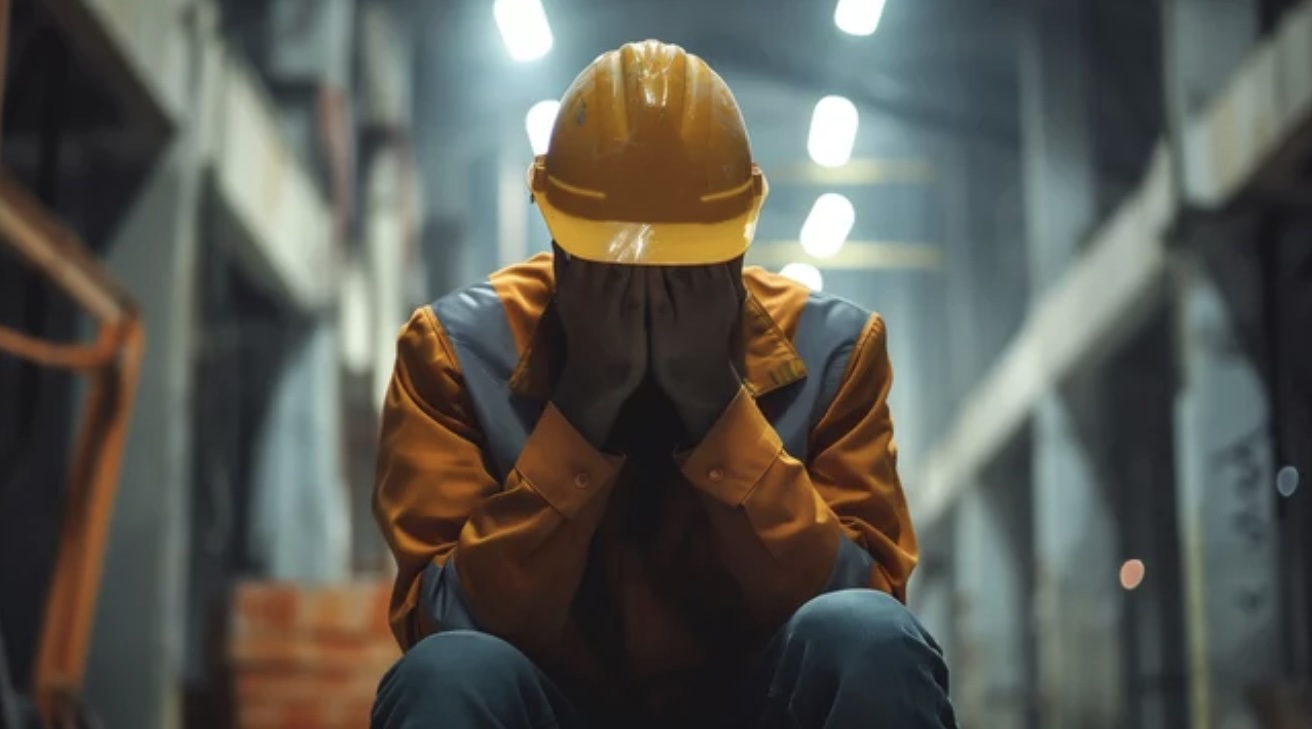The Legal Risks of Ignoring Psycho-Social Hazards in the Workplace
Ensuring a safe workplace is not just ethical—it’s a legal requirement. Discover the consequences of non-compliance and how to protect your business.
NSW WHS Act: May 2024
Understanding the New Penalties
On 22 May 2024, SafeWork NSW released its Psychosocial Health and Safety Strategy 2024–2026. Under the Strategy, SafeWork NSW has stated that it will increase regulatory action against high-risk and large businesses, as well as government agencies.
This update to the WHS Act 2011 (Work Health and Safety) emphasizes the importance of mental health and well-being, holding employers accountable for creating a safe environment.
SafeWork can do ‘Psychosocial WHS Checks’ on businesses with 200 or more employees. Employers that fail to comply with their WHS duties will face regulatory action, and a potential WHS prosecution in the case of a serious or repeated breach.

Case Study: Qantas Ground Staff Prosecution
The Qantas ground staff case serves as a critical example of the new WHS Act’s enforcement. Safe Work NSW prosecuted Qantas for failing to address psychosocial hazards, resulting in significant penalties. The court ordered QGS to pay a fine of $250,000 and compensation of $21,000 to Mr. Seremetidis. The decision underscored the importance of the role of HSRs in maintaining workplace safety and the legal protections afforded to them under the WHS Act.
All information on this site is of a general nature only and is not intended to be relied upon as, nor to be a substitute for, specific legal professional advice. No responsibility for the loss occasioned to any person acting on or refraining from action as a result of any material published can be accepted.
Detailed Examination
n the landmark case of SafeWork NSW v Qantas Ground Services Pty Ltd (No. 4) [2024] NSWDC 53, the District Court of New South Wales found Qantas Ground Services Pty Ltd (QGS) guilty of discriminatory conduct under the Work Health and Safety Act 2011 (NSW) (WHS Act). This case marks the first successful prosecution for discriminatory conduct under the NSW and model work health and safety laws in Australia.
Key Facts Leading to the Prosecution
The events took place in early 2020 during the initial stages of the COVID-19 pandemic. On February 1, 2020, the Australian Government imposed travel restrictions and isolation measures for citizens returning from mainland China. The following day, Theo Seremetidis, a Health and Safety Representative (HSR) at QGS, directed his colleagues to cease cleaning and servicing flights arriving from China due to safety concerns. QGS responded by standing down Mr. Seremetidis, arguing that his actions were not justified. SafeWork NSW prosecuted QGS, alleging that the company had discriminated against Mr. Seremetidis for exercising his rights under the WHS Act.
Legal Implications
WHS Act Provisions:
- Section 85: Empowers an HSR to direct workers to cease work if there is a reasonable concern of serious health or safety risks.
- Section 104: Prohibits discriminatory conduct for a prohibited reason, including altering a worker’s position to their detriment because they exercised their powers as an HSR.
The court found that Mr. Seremetidis had a reasonable concern for safety, given the government’s restrictions and the immediate risk posed by COVID-19. QGS’s failure to consult about health and safety matters and their subsequent standing down of Mr. Seremetidis constituted a breach of Section 104 of the WHS Act.
Preventative Measures
By using various applied improvisation tools and a willingness to listen and build on suggestions, many risks could have been mitigated. By integrating applied improvisation concepts into workplace safety practices, organizations can create a more responsive, collaborative, and safe working environment. This approach not only complies with legal standards but also enhances overall workplace safety and morale.
Our ConnectImpact™ methodology offers a thorough assessment to identify and address potential hazards.
Boost in Efficiency
Our applied improvisation program NeuroPlay led to a unexpected 17% increase in room cleaning efficiency by the housekeeping team at a boutique hotel in Sydney CBD.
- Increase in Efficiency 17%
- Compliments 16%
- Quicker Settling Corporate Accounts 10%
Consequently, it is critically important for the organisation to eliminate hazards and minimize OH&S risks by taking effective preventive and protective measures, which include measures to manage psychosocial risks.
Assess Your Workplace Now
Limited spots left
Slots for June
Take advantage of our free relateEQ™ methodology assessment to determine potential liability for psycho-social hazards in your workplace.
Get immediate results and actionable next steps.
